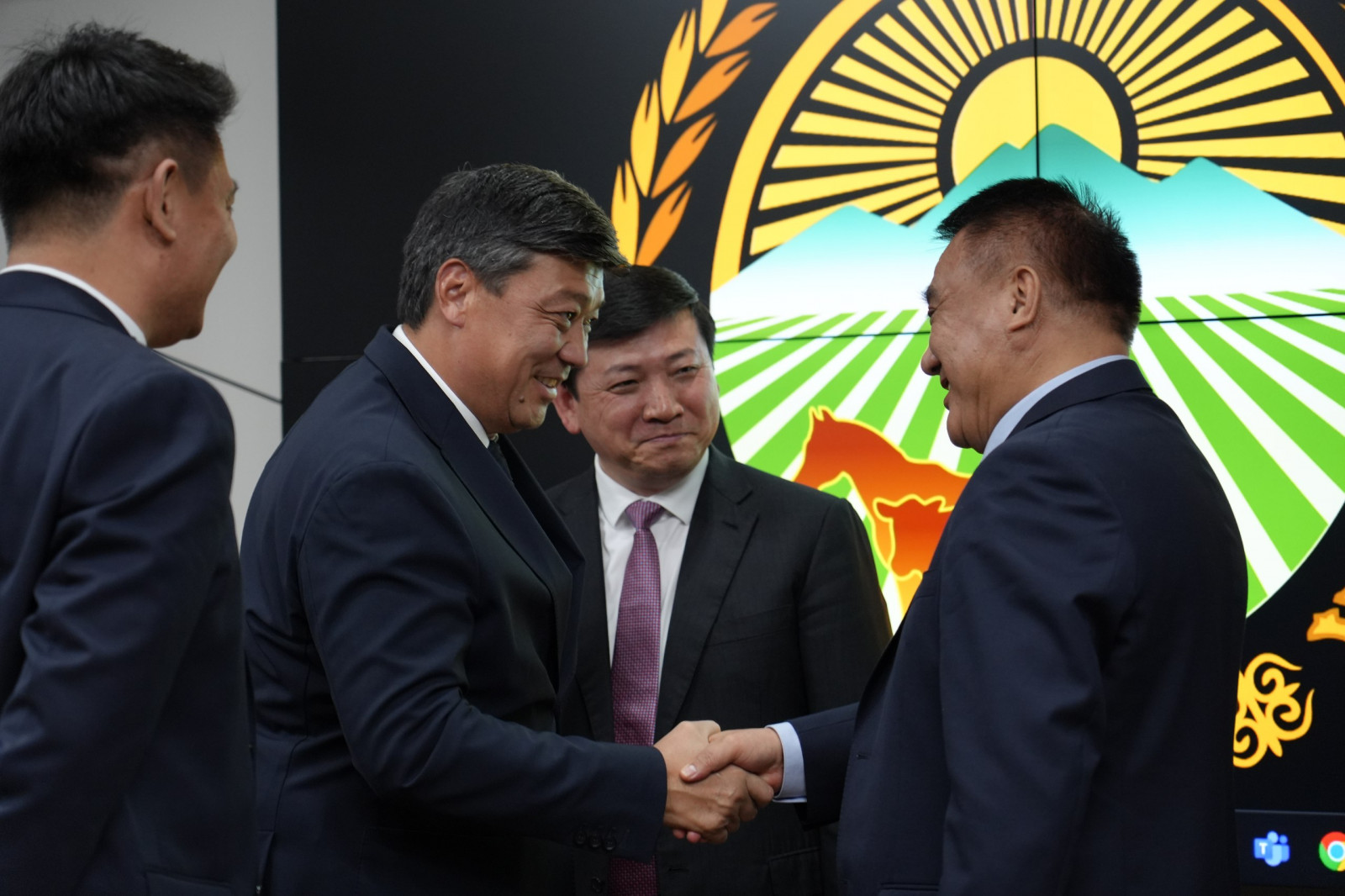BISHKEK, Kyrgyzstan, September 26. Bakyt Torobaev, Deputy Chairman of the Cabinet of Ministers and Minister of water resources, agriculture, and industry, met with a delegation from the Chinese State Railway Corporation, led by Deputy General Manager Wang Lixin and discussed China–Kyrgyzstan–Uzbekistan (CKU) railway cooperation, Trend reports.
The high-level meeting confirmed that the long-planned China–Kyrgyzstan–Uzbekistan (CKU) railway has advanced from the planning phase into practical implementation. Officials reported that preliminary work is already underway, including tunnel construction and the establishment of temporary infrastructure, alongside resolving key organizational and administrative matters.
The talks also outlined a broader strategic vision extending beyond the rail line itself. Key initiatives discussed include:
Freight Volume Forecasting: Developing detailed cargo traffic projections to ensure the line's economic viability.
Railway Academy: Establishing a dedicated institution to train a new generation of Kyrgyz railway engineers and specialists.
Economic Zones: Creating industrial and logistics hubs at the strategic points of Torugart, Makmal, Jerge-Tal, and Jalal-Abad to maximize local economic benefits.
Minister Torobaev emphasized the importance of local participation, proposing an increase in the employment share for Kyrgyz citizens, as stipulated in the investment agreement. He further stressed the priority of procuring goods and services from local suppliers to bolster the domestic economy.
The total length of the railway will be 454 kilometers, with 280 kilometers located within Kyrgyzstan. According to the director of the state-owned enterprise "Kyrgyz Temir Zholu" (Kyrgyzstan Railways), the total project cost is estimated at $4.7 billion. China will provide half of this amount ($2.35 billion) as a loan to the joint project company. The remaining 50 percent will be contributed by the participating parties, with Kyrgyzstan's share amounting to approximately $700 million.
The new railway corridor will serve as a vital alternative to the existing Kyrgyzstan-Kazakhstan-Russia-Europe corridor, thereby reducing Kyrgyzstan's economic dependence on its Eurasian Economic Union (EAEU) counterparts.







